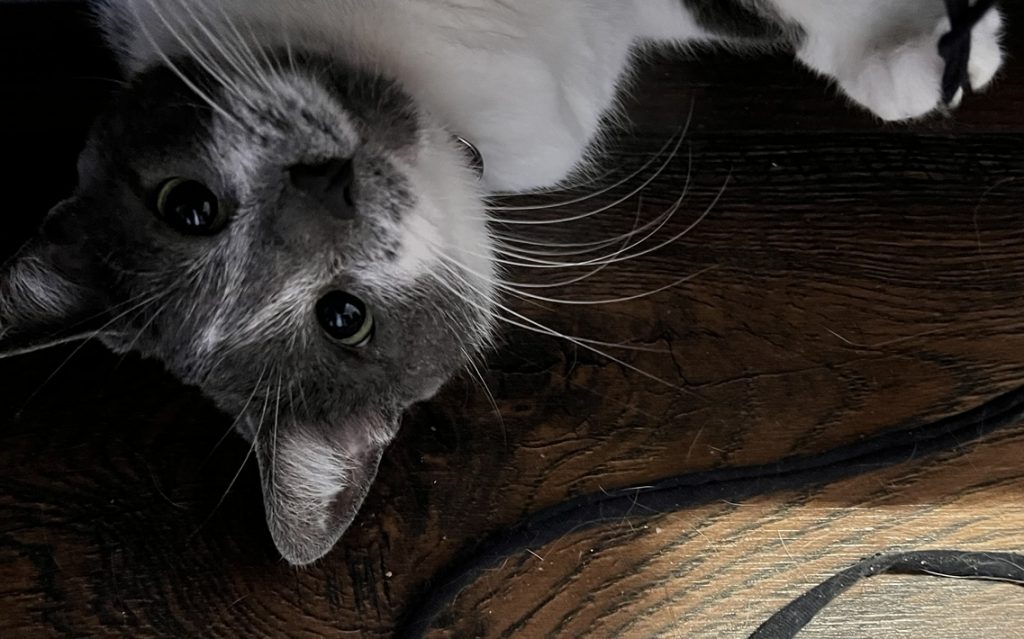From the day you bring your pet home, they are a member of the family. No one is better at cheering you up and loving you unconditionally. Whether your pet is finicky or easygoing, no one knows their favorite foods and personality quirks like you do. Establishing a pet trust ensures that your constant companion is always loved and cared for, even if you become unable to provide for them down the road.
Whether your best friend has fur, feathers, or scales, an attorney can help you develop a trust to provide for their care in the event of your incapacity or death. Pet trusts can be customized according to your pet’s needs, and allow the person who establishes the trust, called the grantor, settlor, or trustor to place a set sum of money aside to save up for the pet’s future care. Upon the grantor’s death or incapacity, the trustee, or the person who manages the trust, makes regular payments from these funds to the pet’s designated caregiver for the rest of the pet’s life.
while pet trusts can be established for pets of any species or age, they are most commonly used to provide for animals that have long lifespans, like parrots and horses.

